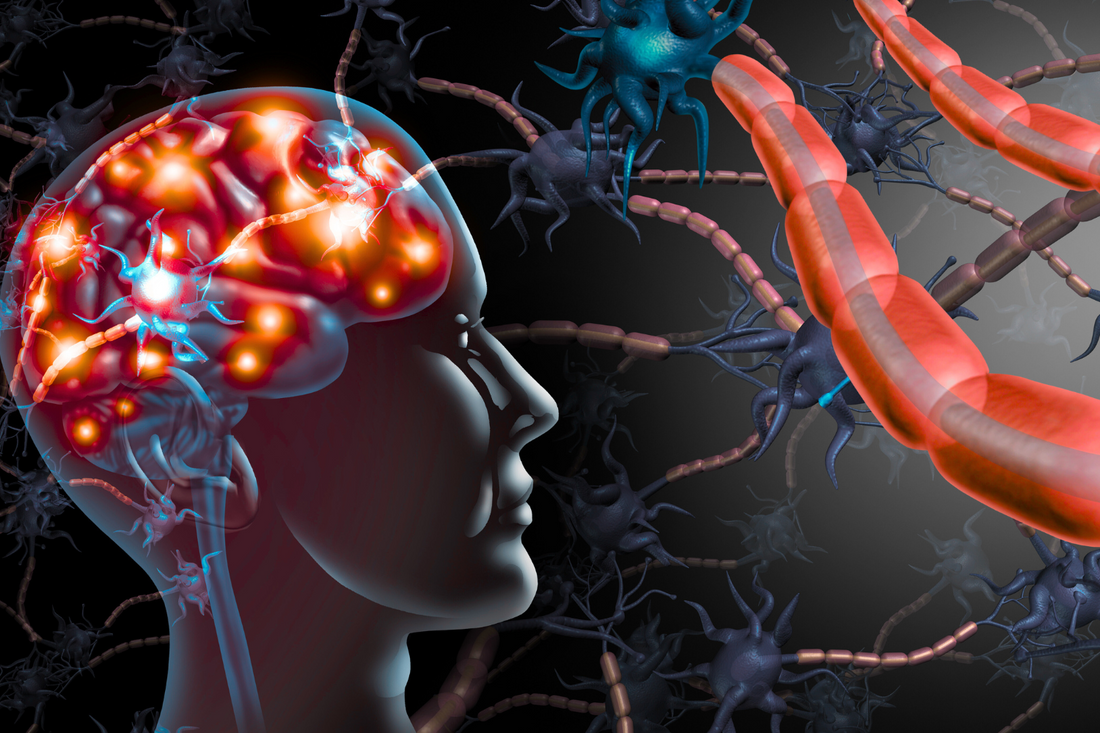Brain Injury Home Care Tips

When a loved one comes home after a serious brain injury, the recovery process can be challenging and emotional. Every person’s journey is unique, and progress may be slow. Understanding what to expect and how to provide the right support at home is essential for both the patient and their caregivers. Here’s a comprehensive guide for families in Naperville and beyond on managing brain injury recovery at home.
What to Expect After Brain Injury Discharge
After leaving the hospital, people with brain injuries often need ongoing care and support. Recovery can take weeks, months, or even longer. Some skills, such as movement, speech, or memory, may improve and then temporarily get worse before getting better again. It’s important to be patient and celebrate small milestones along the way.
Recognizing Behavior Changes
Behavioral changes are common after a brain injury. Your loved one may act differently, become easily frustrated, or have trouble controlling emotions. As a caregiver, you can help by:
- Gently correcting inappropriate behavior and explaining why it’s not suitable
- Praising positive actions and calm responses
- Staying patient and calm, even during difficult moments
- Redirecting to new activities or environments if needed
- Ignoring angry outbursts when possible, and not showing frustration
If you need more guidance, ask your healthcare provider or rehabilitation team for strategies to manage behavior changes.
Mobility, Safety, and Daily Routines
Movement and mobility may be affected after a brain injury. Creating a daily routine can help your loved one regain independence and confidence. Tips for caregivers include:
- Assisting with gentle stretching and movement exercises to keep joints flexible
- Watching for signs of joint stiffness or muscle spasms
- Using splints or supports as directed by the healthcare team
- Ensuring safe positioning when sitting or lying down
- Making the home environment safer by removing tripping hazards, installing grab bars, and using non-slip mats
If your loved one uses a wheelchair, regular checkups are important to ensure a good fit and prevent skin problems. Encourage changing positions often to avoid pressure sores.
Nutrition and Swallowing Support
Some people with brain injuries may forget to eat, lose their appetite, or have trouble swallowing. Good nutrition is vital for recovery. Caregivers should:
- Encourage regular meals and snacks with enough calories and nutrients
- Consult a healthcare provider or dietitian for personalized nutrition advice, especially for children or those with special dietary needs
- Follow any special diet for swallowing difficulties, such as pureed foods or thickened liquids
- Learn the signs of swallowing problems, such as coughing or choking during meals, and ask for tips to make eating safer
Making Daily Living Easier
Simple changes can make daily tasks less stressful and more manageable:
- Choose clothing with Velcro or easy fasteners instead of buttons or zippers
- Use slip-on shoes and pullover shirts
- Limit choices to avoid overwhelming your loved one
- Break down instructions into small, simple steps and allow extra time for understanding
For communication:
- Reduce distractions and use simple, clear language
- Speak slowly and use familiar names and places
- Ask yes/no questions and offer clear choices
- Use gestures, pictures, or visual aids if needed
- Make eye contact before speaking or touching
If your loved one becomes frustrated, take a break or redirect to another activity.
Bathroom and Hygiene Routines
Establishing a routine for bathroom use and hygiene can help with bladder and bowel management:
- Pick regular times for bathroom visits, such as after meals or a warm bath
- Be patient, as it may take time for bowel movements
- Help with gentle abdominal massage to encourage regularity
- Learn how to care for a urinary catheter if one is needed
- Watch for signs of bladder infection, such as fever, burning with urination, or frequent urination
When to Call the Doctor
Contact a healthcare provider if you notice:
- Trouble taking medications for muscle spasms
- Increased joint stiffness or movement problems
- Difficulty getting out of bed or chair
- Skin redness, sores, or pressure ulcers
- Worsening pain
- Choking or coughing when eating
- Signs of bladder infection
- Behavior that is hard to manage or becomes unsafe
Prompt medical attention can help prevent complications and support recovery.
Emotional Support for Caregivers
Caring for someone after a brain injury can be physically and emotionally demanding. Remember to take care of yourself, too:
- Ask for help from family, friends, or local support groups
- Take breaks and practice self-care
- Reach out to healthcare professionals for advice and resources
You are not alone—many families in Naperville and across the country are facing similar challenges.
Brain Injury Recovery Support in Naperville
At Naperville Pharma, we understand the challenges of brain injury recovery. Our pharmacy team is here to support your family with medication management, home care supplies, and trusted advice. If you have questions about brain injury care, contact our pharmacy team for local resources and personalized support.



